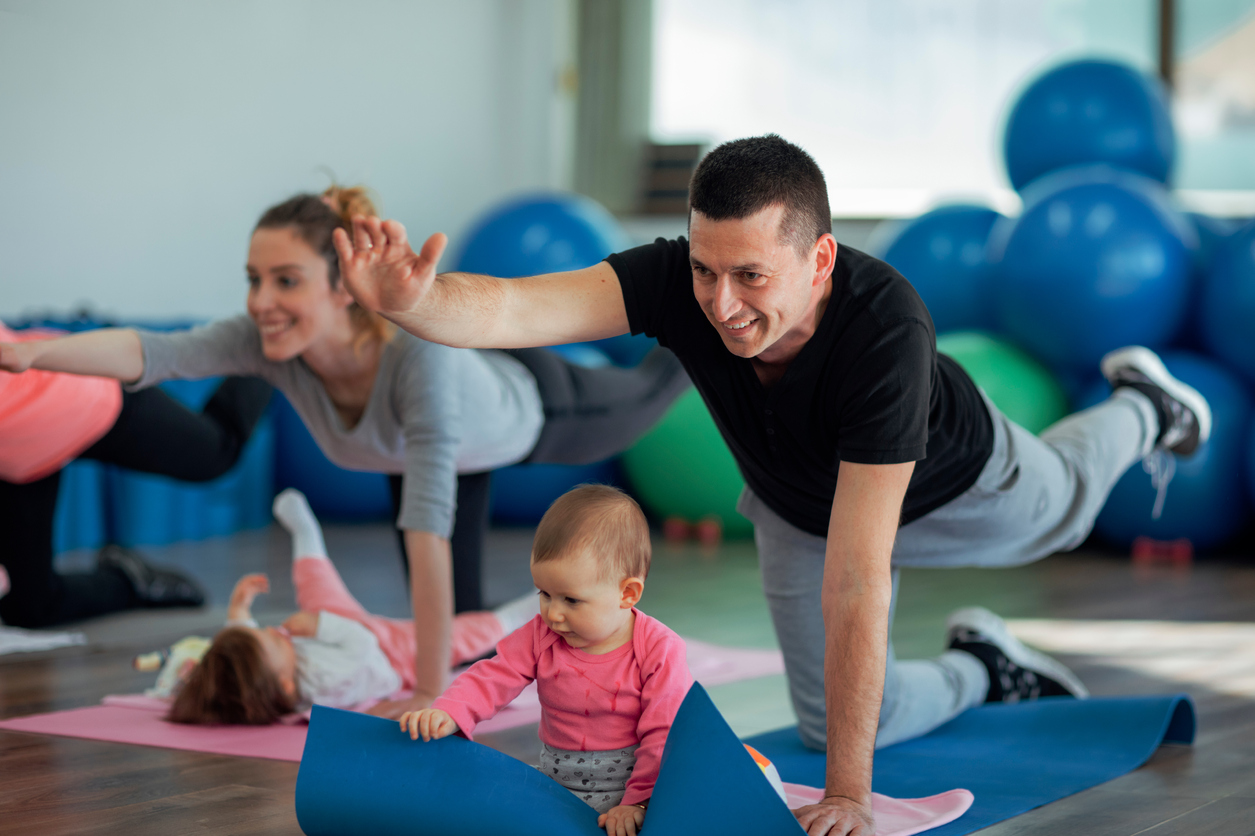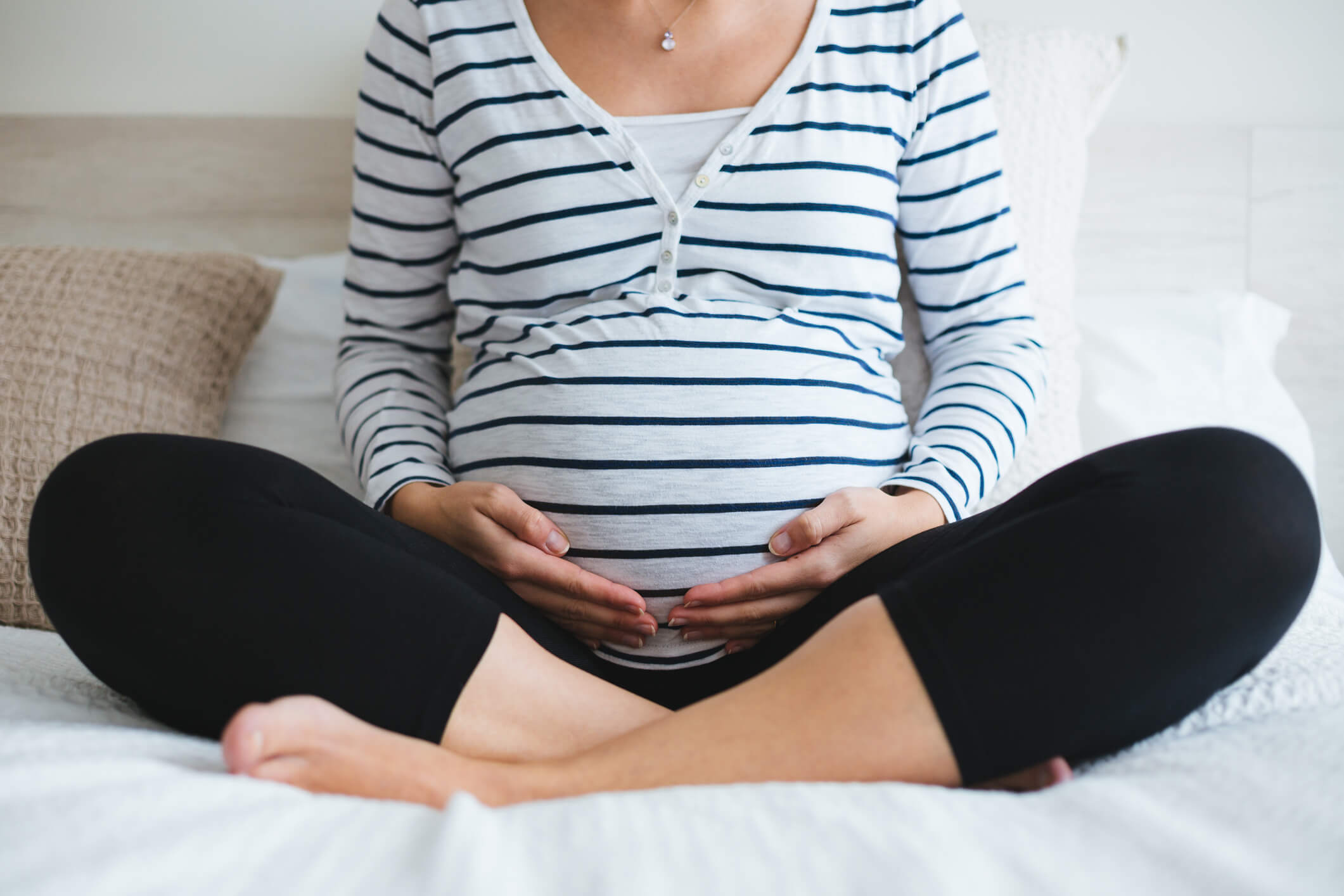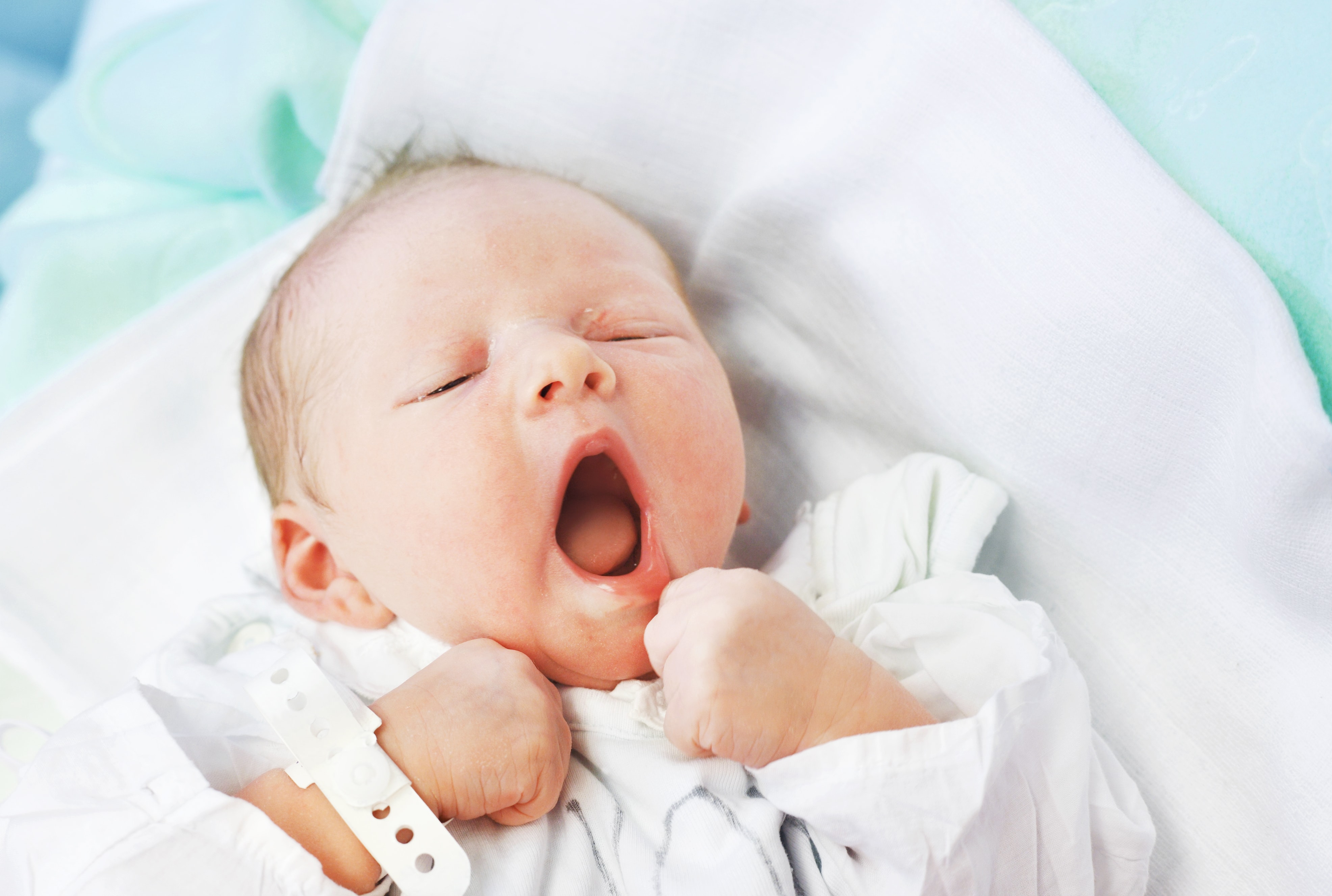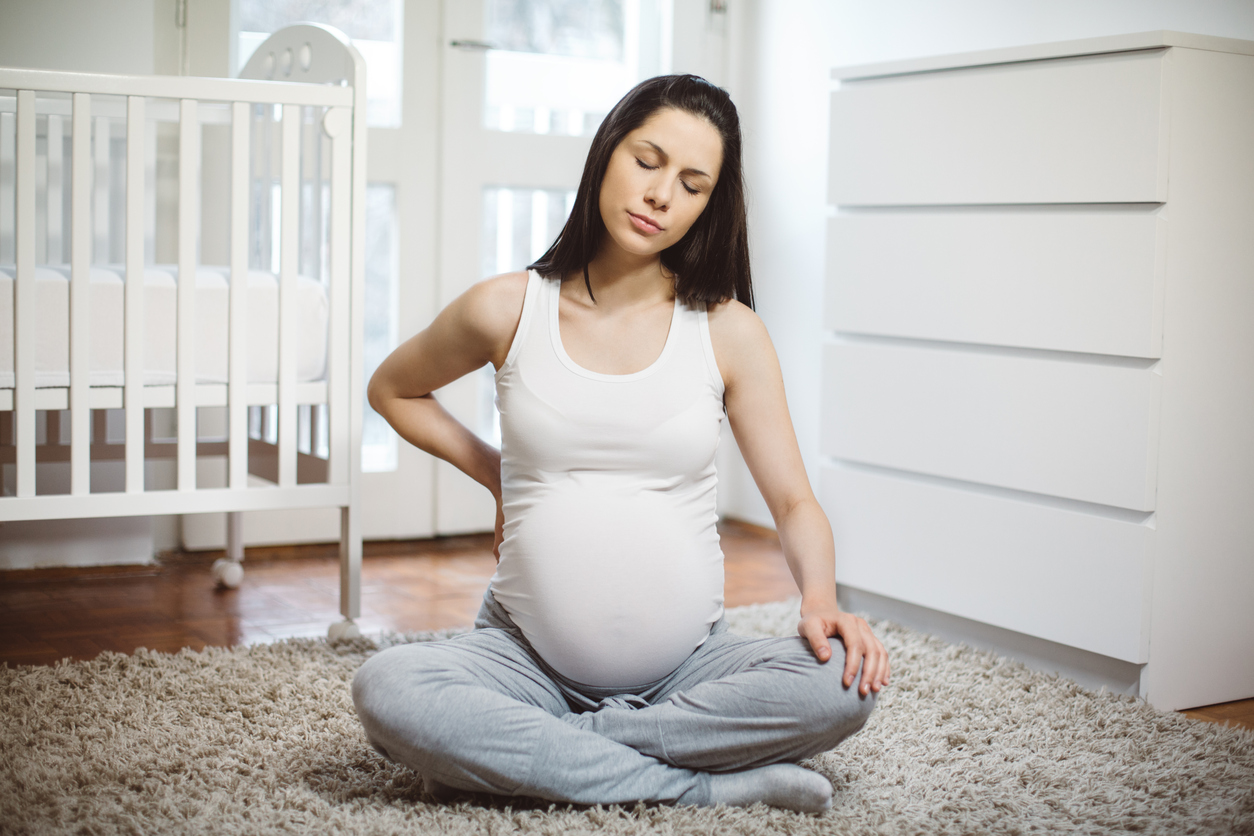-
Choosing the right exercise during your pregnancy can help you keep fit, and feeling great as well as assist your preparation for labour and early motherhood.
Every woman and pregnancy is different. Whether you have been enjoying regular workouts, or you have decided that now is the time to start thinking about fitness -- it is important to listen to your body and choose a program that suits you.
Here are some guidelines to help you look after your baby and your body as you begin your prenatal exercise plan.
A few important points before you start
- Check with your health care practitioner before you start an exercise program.
- If you are unsure about what is right for you, it's a good idea to see a women’s health physiotherapist to assess and guide your program.
- It can help to work with a fitness instructor who has sound knowledge in prenatal fitness.
- Recognise that everyone is different -- every pregnancy is different, every day is different. So listen to your body.
- If you have any pre-existing or new conditions, or aches or pains, you should seek professional advice before commencing or continuing any exercise.
Tips for safe and effective exercise during pregnancy
- Three to four exercise sessions per week is great. More often is okay, but consider your lifestyle and listen to your body. If you are busy working or running after a toddler, there will be times when your body needs to rest rather than exercise.
- Exercising at a mild to moderate intensity is ideal. On a scale of 0 – 20 aim to train at around 13, which would mean you feel like you are exercising but you are not overly hot, puffed or exhausted. Of course, how much you can do at this sensible moderate level will depend on your prior fitness and other individual circumstances. Replace intense exercise such as running and high energy classes, even during the first trimester, with options such as walking, swimming, low impact workouts and pregnancy specific pilates, yoga and fitball sessions.
- How long you decide to dedicate to exercise depends on your workout intensity. It is fine to walk for an hour if you feel comfortable, but if you are working harder, cardio exercise for 20 – 30 minutes is ideal. Adding appropriate strength and stretching will then provide you with a balanced 45 to 60 minute session.
- Low impact, low load, non-contact exercise is best. Not only do you want to avoid overheating for your baby’s safety but you also need to avoid strain, jolting and jarring to protect your joints and pelvic floor. Certain pregnancy hormones make your joints more vulnerable to aches and injury so keep it low impact, avoid heavy loads and make sure your exercise technique is always smooth and controlled.
- Prioritise your pelvic floor. Looking after your pelvic floor is an investment in your future. Minimise the risk of problems with bladder and wind control by avoiding anything that strains or weakens the pelvic floor (high impact, straining, standing for long periods) and practice effective pelvic floor muscle strengthening exercises daily.
- Now is not the time for ab curls and crunches. Naturally your abs will stretch during pregnancy. Even in the early days overworking your abs may increase the chance of rectus diastasis (abdominal separation). Also, exercising on your back after 16 – 18 weeks is not recommended, so instead, focus on your deeper “core” abdominal exercises to help support your spine and pelvis. Exercises in all fours or sitting on a fitball are great positions for many core strengthening options.
- Check your posture during exercise and everyday activities. Lengthen your spine and relax your shoulders gently back and down. Training your pelvic floor, core and avoiding the common sway back of pregnancy will help you avoid back pain.
- If there’s ever a time you deserve to relax, it’s now. Lie or sit with your feet up for 30 minutes or more every day. Constantly being on your feet can be tough on your veins, pelvic floor, pelvic joints and lower back. Use the time to practice relaxation techniques; they may come in handy during labour or early motherhood.
Exercising for two

-
Avoiding cold and flu during pregnancy
During pregnancy, women are at an increased risk of experiencing complications from the flu. Make sure you understand what steps you can take to help keep you and your baby healthy.
-
Choosing childcare that fits your family
Here’s what you need to know when choosing childcare
-
How to avoid 'dad bod'
How to keep fit and healthy with a new baby in the house
-
Expecting a baby during COVID-19
We address some common questions you may have.
-
Understanding your hospital birth options
Making the choice between public and private
-
How your extras can help during pregnancy
Use your cover to stay healthy
Subscribe to receive the best from Live Better every week. Healthy recipes, exercise tips and activities, offers and promotions – everything to help you eat, move and feel better.
By clicking sign up I understand and agree to Medibank's privacy policy






